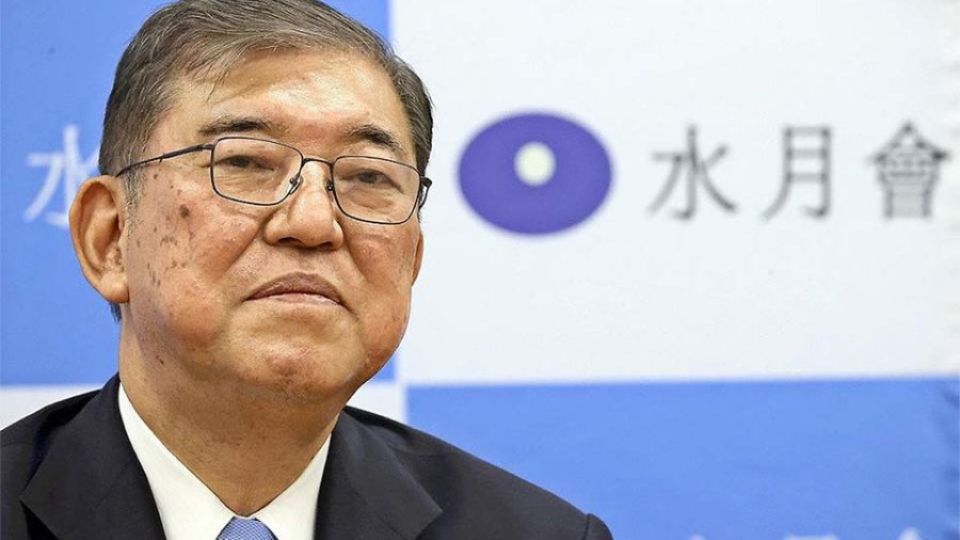October 28, 2024
TOKYO – The ruling and opposition parties are locked in unusually close races in many single-seat constituencies. As the choices that voters make will determine the framework of the government, their votes will be of unprecedented significance.
Voting for the 50th House of Representatives election is being held today. In this election, which is the first lower house race in three years, the choice of government is at stake. The focus is whether voters will give a public mandate to the ruling bloc of the Liberal Democratic Party and Komeito, or whether they will entrust power to opposition parties such as the Constitutional Democratic Party of Japan.
Since the 2012 lower house race, the LDP has won eight consecutive national elections, maintaining its dominant position. However, this time the party is facing headwinds due to issues such as politics and money, and it has been forced to fight a tough battle.
On the other hand, the opposition parties are competing against each other in many constituencies, and the CDPJ and the Democratic Party for the People are expected to gain seats. The ruling and opposition parties possibly will be neck and neck.
Prime Minister Shigeru Ishiba dissolved the lower house eight days after launching his Cabinet and decided to hold the snap election 26 days after the launch. When counting from the time he took office, the dissolution and the election are occurring in the shortest periods for both events under the current Constitution.
Amid these circumstances, some local governments were unable to make the necessary preparations in time, causing numerous delays in sending admission slips for polling stations to voters. According to the Internal Affairs and Communications Ministry, the number of people who cast their ballots by Oct. 20 using the early voting system was 4.67 million, down about 20% from the same period in the previous lower house election.
If the hastiness in calling the election has a negative impact on voting, that would be a problem.
In the past, lower house elections had voter turnout rates at about 70%, but the figure has been sluggish at the 50% level for the four consecutive elections since the 2012 race. If nearly half of voters abstain, the foundations of democracy could be shaken.
The low voter turnout among those in their 20s and 30s is particularly serious. In the previous lower house election, only 36.5% of people in their 20s and 47.13% of those in their 30s cast their ballots.
The lives and future burdens of the younger generation are likely to change greatly depending on the political decisions that are made to rectify social security policies, including measures to tackle the low birth rate, as well as the tax system. Voters’ intent shown by the election results must not be disregarded.
The issue of politics and money has become a major point of contention during campaigning for this election.
Before the start of official campaigning, the LDP provided each of its local branches headed by candidates who have been officially endorsed by the party with ¥5 million as an official endorsement grant and ¥15 million for activity expenses. These funds come from taxpayers’ money.
However, after that, the LDP provided ¥20 million each even to its branches led by candidates who have no official party endorsement due to the political funds scandal as activity expenses for expanding the party’s strength. The move has prompted the opposition parties to increase their criticism, saying that the LDP’s way of taking responsibility — by not officially endorsing the party members in question — is a hollow gesture.
In response, the LDP has claimed that its candidates without party endorsement are not using these funds for the election. However, it may not be easy to obtain understanding from voters if an equal amount of money is given to the party’s officially backed candidates and the scandal-hit members during the election campaign.

